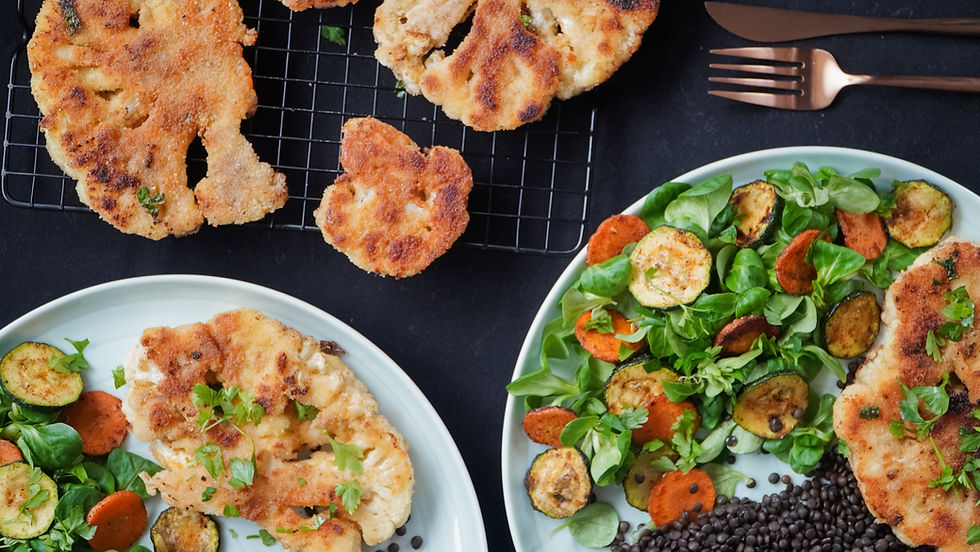- Paul Andrews

- Dec 5, 2023
- 2 min read

When Christmas season arrives, many people eagerly anticipate the sumptuous feast that has become synonymous with the holiday – the Christmas dinner and for many people around the world it is the one time of the year that they eat turkey and the turkey takes centre stage.
The tradition of enjoying a beautifully roasted turkey during the Yuletide season has a rich history, and its roots can be traced back to a combination of historical, cultural, and practical reasons.
The tradition of consuming turkey during the Christmas season has historical roots dating back centuries. The indigenous peoples of North America, where the turkey is native, were among the first to domesticate and cultivate these birds. When European settlers arrived in the New World, they discovered the turkey and introduced it to their own culinary traditions. The turkey was a symbol of abundance and feasting, making it a natural choice for special occasions like Christmas.
In the 16th century, during the reign of Henry VIII in England, the practice of serving large, roasted birds at Christmas celebrations became more widespread. While Henry VIII didn't introduce the turkey to England, he is known for popularising the tradition of serving larger birds, such as swans and peacocks. However, the turkey's more practical size and abundance made it a more accessible option for the general population.
Turkey's affordability and ample availability make it an ideal choice for holiday feasting. Turkeys are typically large birds, which means they can feed a large family or a group of guests, making them a cost-effective centerpiece for holiday dinners. Their popularity and wide distribution also ensure that most people can easily find a turkey during the Christmas season.
As Christmas traditions developed over time, the idea of sharing a festive meal with loved ones gained significance. The turkey's capacity to feed many people made it a symbol of togetherness and shared abundance. Roasting a turkey is a labour of love, often requiring hours of preparation and cooking. Families coming together to partake in this culinary masterpiece which creates memories and for many has become a cherished holiday tradition.
Turkey is known for its versatility, making it an excellent choice for a festive feast. Whether roasted, smoked, deep-fried, or prepared in various other ways, the turkey can be adapted to suit a wide range of culinary preferences, ensuring that it pleases all palates. It also enables the chefs amongst us to use up the leftovers in a myriad of ways from cold cuts to soups, pies and curries so that there is no waste either.
The tradition of eating turkey at Christmas is a harmonious blend of history, practicality, and shared cultural values. It's a tradition that has stood the test of time, signifying abundance, togetherness, and the joy of the holiday season. Whether you're enjoying a classic roasted turkey with all the trimmings or exploring creative culinary twists, the Christmas turkey remains a symbol of celebration and a heartwarming holiday tradition for people around the world.






